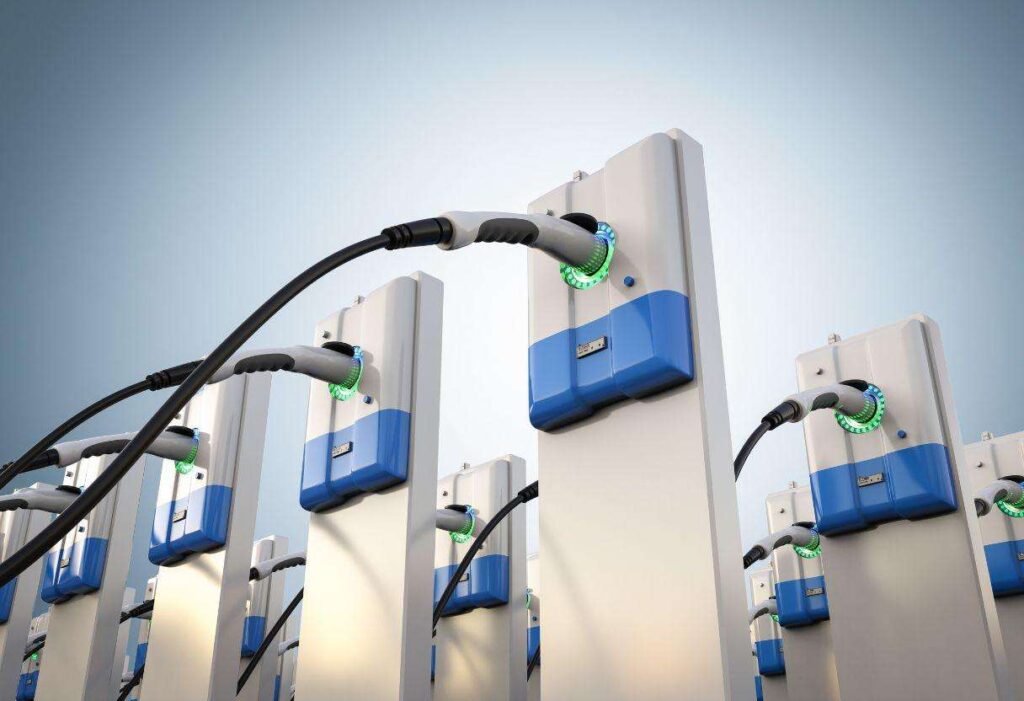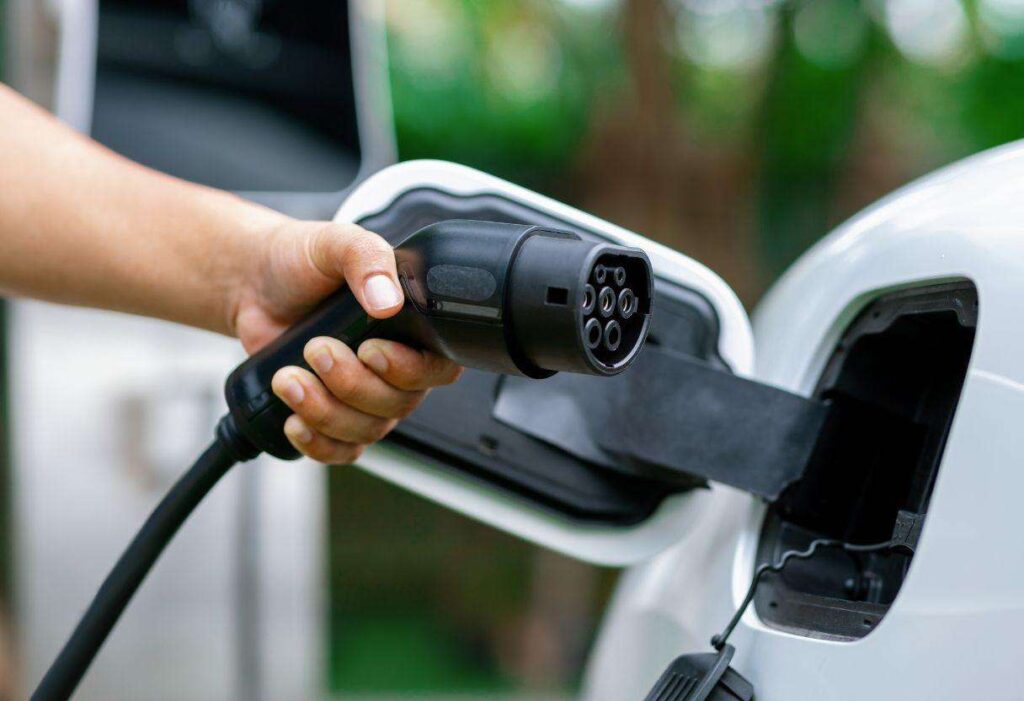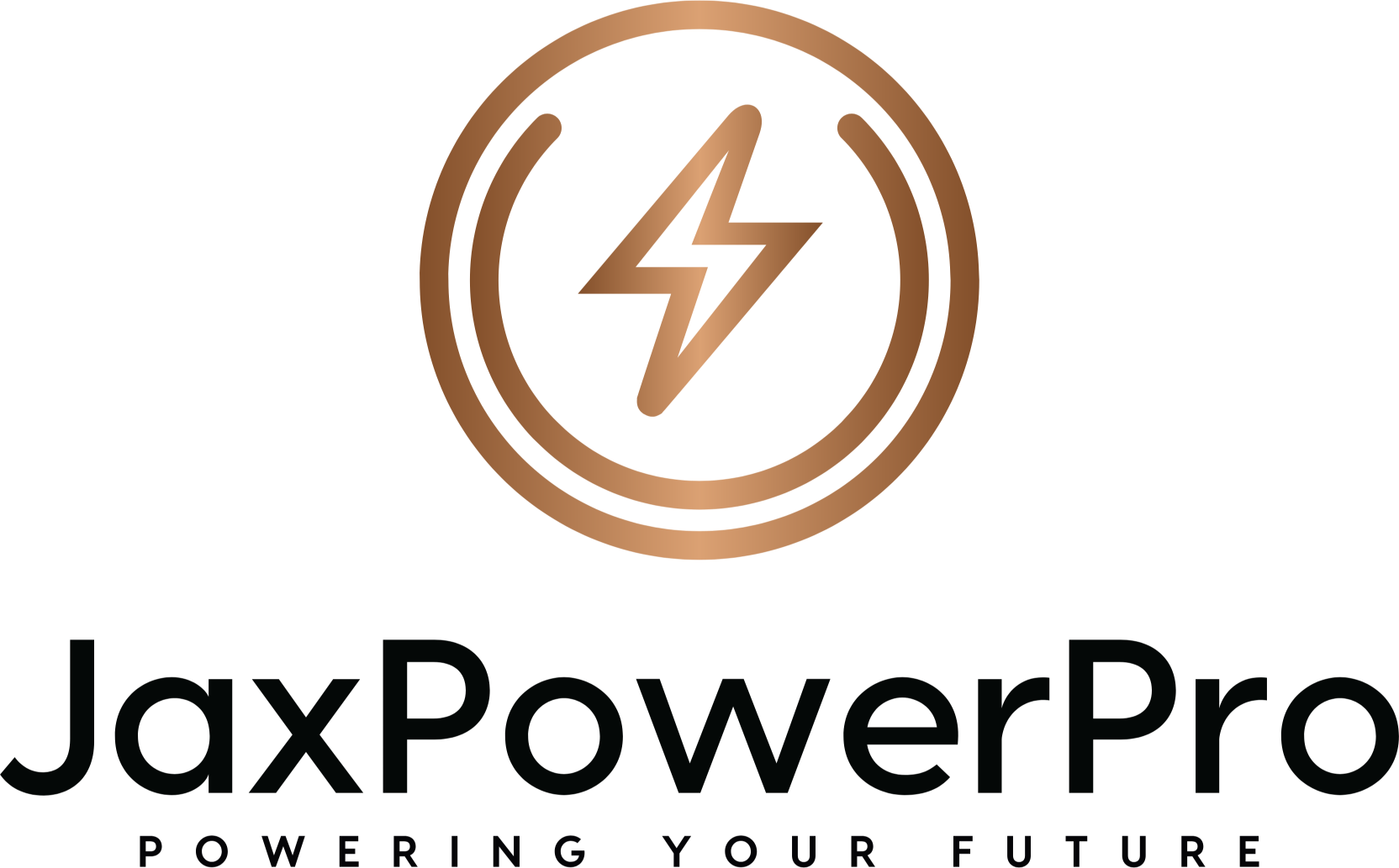As electric vehicles (EVs) become more common, the need for reliable EV charger installation in Jacksonville is essential. We can ensure that our homes or businesses are ready to support our electric vehicles with proper charger setups. Understanding the different types of chargers and what fits our specific situations can help streamline the process.
When we think about installing an EV charger, we should assess our unique charging needs and plan accordingly. Choosing the right installation professional is crucial to ensure the job is done safely and efficiently. By making informed decisions, we can enjoy the benefits of electric vehicle ownership without hassle.

Key Takeaways
- Knowing the types of EV chargers helps us choose the best fit.
- Proper planning leads to an efficient installation process.
- Selecting a trusted professional ensures safety and reliability.
Understanding EV Charger Types
Choosing the right EV charger is essential for effective electric vehicle ownership. Different types of chargers cater to various needs and charging speeds. We will explore three main types of chargers: Level 1, Level 2, and DC Fast Chargers.
Level 1 Chargers
Level 1 chargers are the most basic type of electric vehicle charger. They use a standard 120-volt outlet, which is commonly found in homes.
- Charging Speed: Typically, these chargers provide about 4 to 5 miles of range per hour of charging.
- Convenience: They can be used with the charger that comes with the vehicle, meaning no additional equipment is necessary.
Level 1 chargers are best for those with lower daily driving needs. They work well for overnight charging, making them ideal for homeowners with a garage. However, owners may find themselves needing to charge more frequently due to the slow rate.
Level 2 Chargers
Level 2 chargers are much faster and more efficient than Level 1 chargers. They require a 240-volt outlet and typically need professional installation.
- Charging Speed: They can deliver between 10 to 60 miles of range for every hour of charging.
- Best Use: Level 2 chargers are suitable for home use and commercial locations.
For most homeowners, a Level 2 charger offers the best balance of speed and convenience. We can install these chargers in garages or even outside on a dedicated circuit. Many electric vehicle owners choose Level 2 chargers for daily charging to ensure their vehicle is ready to go when needed.
DC Fast Chargers
DC Fast Chargers are the quickest way to charge an electric vehicle. They are often found in public charging stations and are designed for fast charging.
- Charging Speed: These chargers can provide up to 80% charge in 20 to 30 minutes, offering 100 to 200 miles of range.
- Installation: Due to their complexity, installation usually requires specialized equipment and is not typically used for home charging.
DC Fast Chargers are ideal for long trips or urgent needs and are commonly located along highways. While they are not suitable for home use, they play a crucial role in expanding the network of available charging options.
Assessing Your Electric Vehicle Charging Needs
When considering the installation of an EV charger, we must carefully assess our specific needs. This includes evaluating the requirements of our vehicles, determining how often we need to charge, and estimating the costs associated with installation. Each factor plays a significant role in making an informed decision.
Evaluating Vehicle Requirements
First, we need to look at the type of electric vehicle (EV) we own or plan to purchase. Different models have varying battery capacities and charging requirements.
Key Considerations:
- Battery Size: Larger batteries may require more powerful chargers.
- Charging Speed: Knowing if we need Level 1 or Level 2 chargers is crucial. Level 2 chargers are common for home installations, offering faster charging times.
We should also consider the charging port type on our vehicle to ensure compatibility. Most new EVs use the J1772 plug standard. Understanding these aspects will help us select the right charger for our needs.
Determining Charging Frequency
Next, we should think about how often we will need to recharge our EV. For daily commuters, charging at home can be essential.
Questions to Ask:
- Daily Mileage: How far do we drive each day?
- Availability of Public Chargers: Are there sufficient public charging stations near our work or other frequent destinations?
If we typically drive short distances, we may only need to charge our vehicles overnight. For those with longer commutes or who travel frequently, we should consider a more robust charging solution to ensure we never run low on battery.
Estimating Installation Costs
Lastly, we need to estimate the costs of installing an EV charger. The price varies based on several factors, including the type of charger, installation complexity, and local permits.
Cost Breakdown:
- Charger Prices: Level 2 chargers range from $500 to $1,200, not including installation.
- Installation Fees: Professional installation can add $300 to $1,000 depending on site conditions.
Additional costs may include upgrades to our electrical panel if necessary. We should also check for any local rebates or incentives to help offset these expenses, making the investment more manageable.
Planning Your Installation
When planning for your EV charger installation in Jacksonville, we need to consider several important factors. Key elements include assessing our electrical capacity, choosing the right location, and obtaining any necessary permits. Paying attention to these points ensures a smooth installation process.
Electrical Capacity Assessment
First, we must evaluate our current electrical capacity. This step is crucial because not all homes have the needed power supply for an EV charger.
We recommend hiring a qualified electrician to check the following:
- Main electrical panel: Ensure it can handle the additional load. Most Level 2 chargers need a 240-volt outlet.
- Wiring: Inspect if our existing wiring can support the charger without risk.
- Upgrades: If needed, consider upgrading our electrical panel or installing a new circuit breaker.
By understanding our electrical needs, we can choose an appropriate charger that fits our capacity.
Choosing an Installation Location
Selecting the right location for the charger is vital for convenience and safety. We should consider several factors when deciding:
- Proximity to parking: Ideally, the charger should be close to where we park our vehicle.
- Access to power supply: Confirm that the installation spot is near an electrical outlet or panel.
- Weather protection: If possible, place the charger in a sheltered area to protect it from the elements.
We also need to think about accessibility for family members and any guests who might use the charger in the future.
Obtaining Necessary Permits
Before installation, it’s important to check what permits are required. Local regulations can vary, so we need to take the following steps:
- Research local codes: Check Jacksonville’s requirements for EV charger installations.
- Contact the city: We can call or visit the city’s building department for guidance on permits.
- Work with our electrician: A knowledgeable electrician can help us navigate these requirements and handle permits on our behalf.
By ensuring our installation meets all local regulations, we can avoid fines and ensure the charger is safe and functional.

Selecting the Right Installation Professional
Choosing a qualified installation professional is crucial for a successful EV charger setup. We need to focus on finding certified electricians, comparing different service providers, and evaluating the credentials of installers to ensure we receive quality service and expertise.
Identifying Certified Electricians
When selecting an electrician for EV charger installation, our first step is to confirm their certification. Look for professionals who are licensed and insured to do electrical work. This not only ensures they have met local regulations but also protects us from liability in case of accidents.
We can verify certifications through state electrical boards. Additionally, it helps to choose electricians with specific training in EV charger installations. This training means they understand the unique requirements and safety standards involved.
Comparing Service Providers
Next, we should compare different service providers. Make a list of potential installers available in Jacksonville. Reliable sources like Yelp and online reviews can give us insights into their reputation.
Consider gathering quotes from multiple professionals. This will help us understand the range of prices in our area. Don’t just choose the lowest option; we should evaluate the value they provide. Look for companies that offer warranties and follow-up services.
Evaluating Installer Credentials
Evaluating the credentials of our selected installers is another key step. We should ask about their experience specifically with EV charger installations. A good installer will have completed several projects and can provide references.
We can also inquire about any certifications related to electric vehicles. Installers certified by recognized organizations show they are up-to-date on industry standards. In addition, consider their customer service approach. A professional who communicates well and answers our questions is likely to provide a better installation experience.
By focusing on these factors, we can ensure we select a qualified and reliable professional for our EV charger installation.
Post-Installation Considerations
After installing an EV charger, it’s important to think about maintenance and potential upgrades. Keeping the charger in good condition ensures reliability and efficiency as we use our electric vehicles.
Maintenance and Upkeep
Regular maintenance of our EV charger helps maximize its lifespan and performance. We should check connections for wear or damage, ensuring they are tight and secure.
Tip: Inspect the charging cable for frays or cracks.
It’s also important to keep the charger clean. Dirt and debris can affect performance. A simple wipe-down every few months can make a big difference.
Recommended Maintenance Schedule:
- Monthly: Visual inspection of cables and connections.
- Quarterly: Clean the unit and verify it operates correctly.
- Annually: Consider a professional inspection for safety check.
Some brands offer reminders for maintenance, which can be useful.
Upgrading Your EV Charger
As we continue to embrace electric vehicle technology, we may want to consider upgrading our charger for better efficiency. Newer models often come with advanced features.
Factors to Consider Before Upgrading:
- Charging Speed: Level 2 chargers provide faster charging times compared to Level 1.
- Smart Features: Some chargers include apps for remote monitoring and scheduling.
Before making any upgrades, we should assess our current charging needs. If we find ourselves frequently needing more power, it may be time to invest.
Evaluating our charger’s performance and researching the latest models can lead to informed decisions that best suit our driving habits.
Frequently Asked Questions
In Jacksonville, there are many important questions about installing EV chargers. We will cover the cost, the best companies for installation, potential rebates, and regulations homeowners need to know.
What is the average cost of installing an EV charger in Jacksonville, FL?
The average cost for installing an EV charger in Jacksonville ranges from $500 to $2,500. This price includes equipment and labor. Several factors affect the cost, such as the type of charger and the electrical system’s condition.
Which companies offer the best EV charger installation services in Jacksonville?
Some top-rated companies for EV charger installation in Jacksonville like JaxpowerPro. These companies have good reviews and experienced electricians who can handle various installation needs.
Are there any electricians in Jacksonville, FL who install EV chargers at an affordable price?
Yes, many electricians in Jacksonville offer competitive pricing for EV charger installations. Companies like A1A Solar Contracting and Sharp Electric provide options that fit different budgets while ensuring quality work.
Does JEA offer any rebates for EV charger installation in Jacksonville homes?
JEA does offer incentives for EV charger installation. Homeowners may receive rebates that help offset the installation costs, encouraging more people to support electric vehicle use. It’s best to check their website or contact them directly for current programs.
Is a permit required for residential EV charger installation in Florida?
Yes, a permit is generally required for residential EV charger installations in Florida. Homeowners must apply for this permit to ensure compliance with local building codes and safety standards.
Can a homeowner legally install their own EV charging equipment in Jacksonville?
Homeowners in Jacksonville can install their own EV charging equipment if they have the necessary permits. However, it is recommended to hire a licensed electrician to ensure the installation meets all safety codes and regulations.






